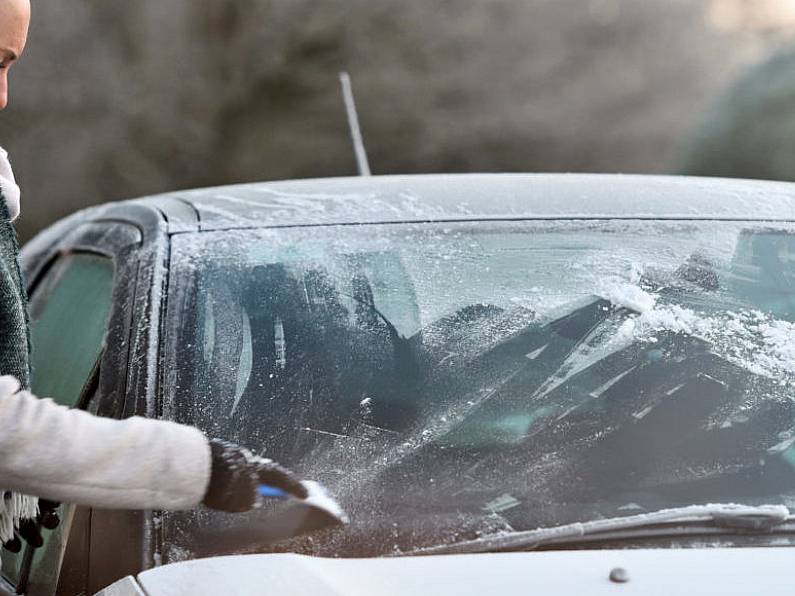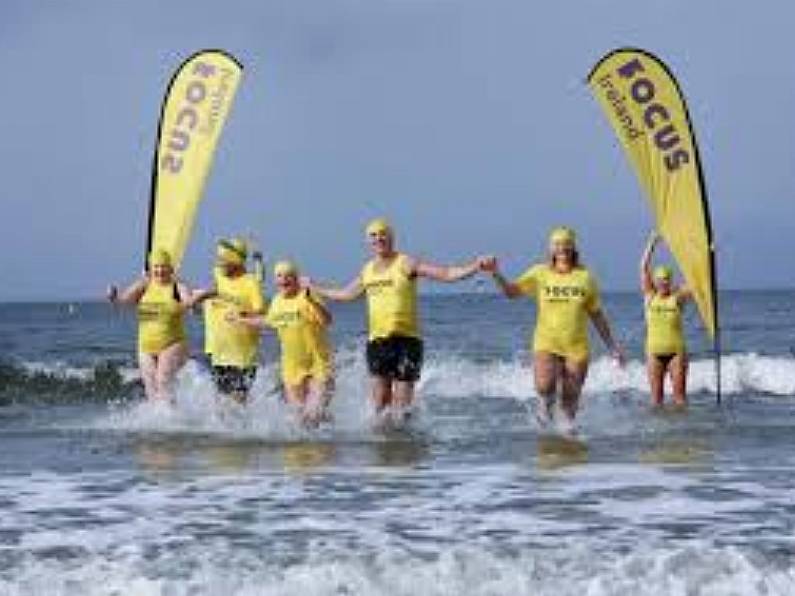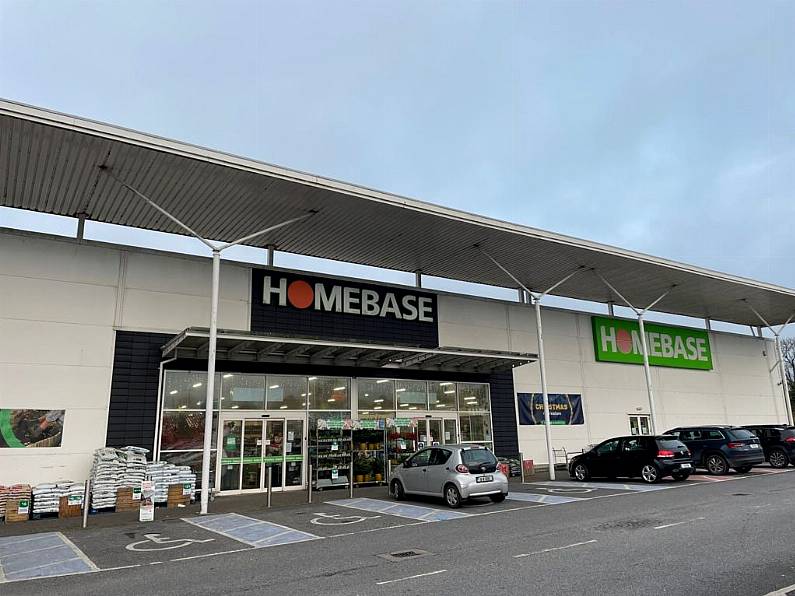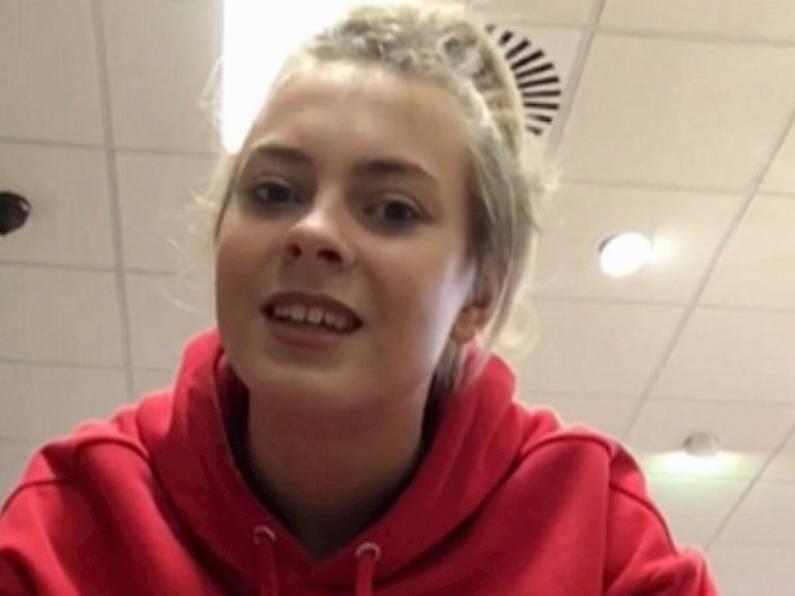James Cox
101 further Covid-19 related deaths and 879 additional cases have been confirmed in the Republic of Ireland today.
83 of these deaths occurred in January, 18 occurred in February.
The median age of those who died is 85 years and the age range is 19-103 years.
There has been a total of 3,418 Covid-19 related deaths in Ireland.
As of midnight Monday, February 1st, the Health Protection Surveillance Centre (HPSC) has been notified of 879 confirmed cases of Covid-19.
There is now a total of 198,424 confirmed cases of Covid-19 in Ireland.
Waterford now has the second-highest incidence of Covid-19 in the country, that's despite falls in both the 14-day incidence rate and the 5-day moving average.
29 new cases of the virus have been confirmed in Waterford to give an incidence rate of 664.5 per 100,000 people, it's down from 690.3 yesterday. The 5-day moving average is 38, down from 49 yesterday.
Of the cases notified today:
- 419 are men / 459 are women.
- 56 per cent are under 45 years of age.
- The median age is 41 years old.
- 383 are in Dublin, 79 in Cork, 53 in Galway, 40 in Limerick, 43 in Meath and the remaining 290 cases are spread across 20 other counties.
As of 2pm today, 1,388 Covid-19 patients are hospitalised, of which 207 are in ICU. 45 additional Covid-19 patients have been recorded in Irish hospitals in the past 24 hours.
Chief medical officer Dr Tony Holohan said: “This is the highest number of deaths we have reported on any single day of the Covid-19 pandemic so far. The high mortality we are experiencing as a country at the moment is related to the surge of infection we saw several weeks ago, and the hospitalisations and admissions to ICU that followed as a direct result.
“Although we have seen great improvement in the level of infection being reported, we have a long way to go and incidence needs to decline much further. The best way to honour those who have died from Covid-19, and those who loved them or provided care for them, is to follow the public health advice. Stay at home unless absolutely necessary, and encourage your friends, family and colleagues to do the same.
“What we can have control over today is the outlook of this disease in the weeks to come. Your positive actions matter, and they add up at a collective level. Please keep it up.”
Meanwhile, Minister for Health Stephen Donnelly has said that the first deliveries of the AstraZeneca vaccine are expected to arrive in Ireland next week.
Three deliveries are scheduled before the end of the first quarter of the year he told RTÉ radio’s Morning Ireland with 35,000 doses arriving next week.
The focus in the vaccination programme this week will be getting the second dose to frontline workers and care home residents, then the programme will move to give the first doses to the second group of frontline workers, he said.
When asked when that would happen, the Minister said “very soon”, adding the roll out of the AstraZeneca vaccine via GPs to the over 85 cohort will commence “very shortly”.
When asked about the timeline of the vaccine rollout and the possibility of major sporting and cultural events happening later in the year, Mr Donnelly said that he hoped such events could happen.
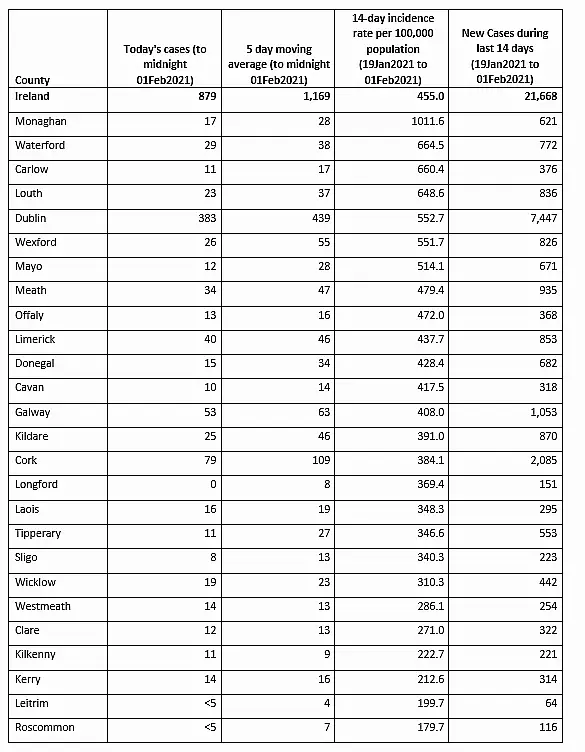
Additional reporting by Sinead Aherne





